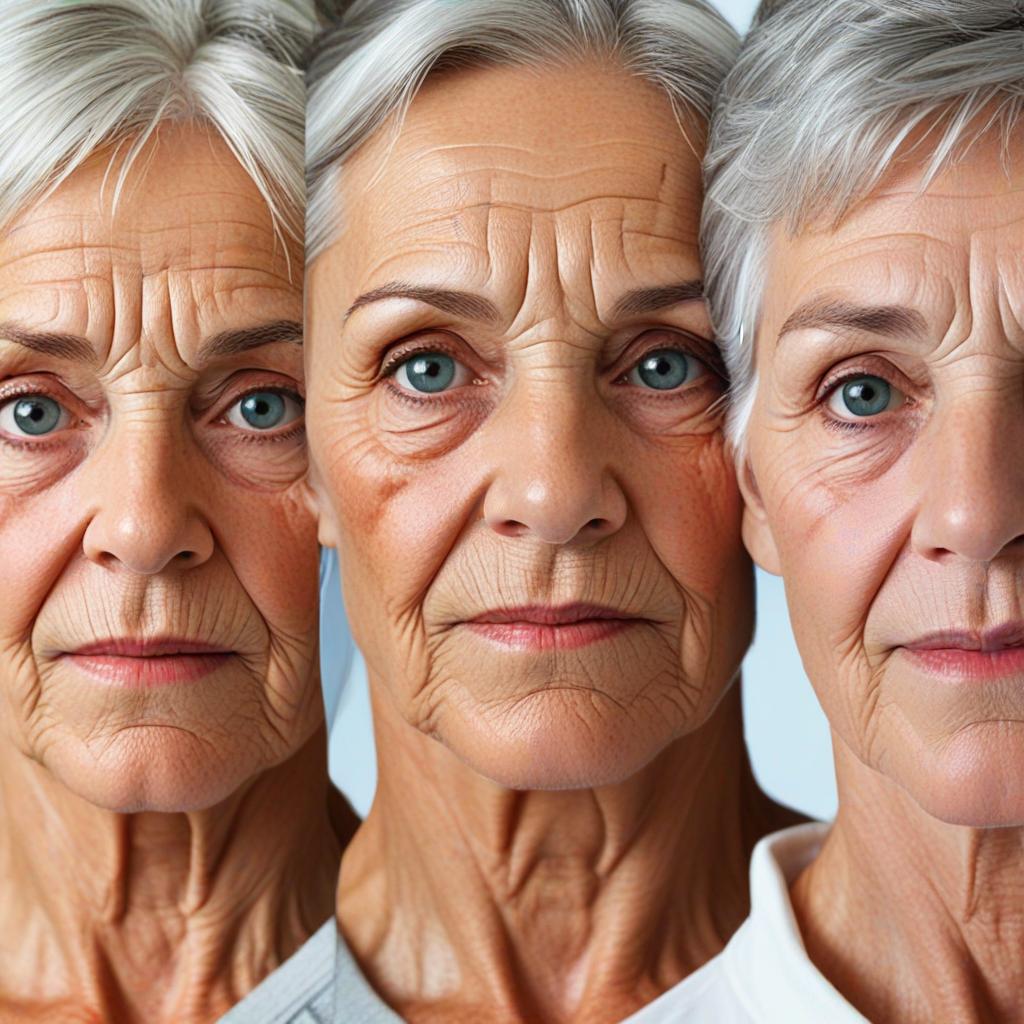
As North Port residents age, their bodies undergo a multitude of changes, one of the most significant being hormonal fluctuations. These changes can have a variety of effects on their physical and mental well-being. Understanding the connection between hormones and aging is crucial for residents to maintain their health and vitality. This topic delves into the complex relationship between hormones and aging, exploring the various changes that occur and how they can impact a person’s overall quality of life. From menopause to testosterone decline, this topic delves into the crucial information that North Port residents should know about their hormones as they age.
Hormones and Aging
As we age, our bodies go through numerous changes and shifts, both physical and emotional. One of the most important factors in aging is the role our hormones play. Hormones are chemical messengers that regulate various bodily functions, from mood and metabolism to growth and development. As we get older, changes in hormone levels can significantly impact our health and well-being. In this blog post, we will explore the connection between hormones and aging and what residents of North Port should know.
The Hormones That Affect Aging
There are several key hormones in the body that play a crucial role in our aging process. One of the most well-known is estrogen, which regulates the menstrual cycle and helps maintain bone density and reproductive health. As we enter menopause, estrogen levels decline, leading to symptoms such as hot flashes and changes in mood. Testosterone, the male sex hormone, also decreases with age and can contribute to changes in muscle mass, sex drive, and energy levels. Additionally, growth hormone and thyroid hormones decrease with age, affecting our metabolism and energy levels.
Impact on Skin, Hair, and Body Composition
Changes in hormone levels can significantly impact our physical appearance. As estrogen levels decrease, collagen production and skin elasticity decrease, leading to wrinkles and sagging skin. Testosterone decline can lead to hair loss and thinning. Growth hormone decline can contribute to reduced muscle mass and increased fat accumulation, leading to changes in body composition. Furthermore, low levels of thyroid hormone can cause dry skin and hair, and a slower metabolism.
The Role of Hormones in Mental Health
Hormones also play a significant role in our mental health. Estrogen and progesterone have a calming effect on the brain and can help regulate mood. Decreased levels of these hormones can contribute to mood swings and irritability. Testosterone plays a crucial role in emotions and behavior, and a decrease in levels can lead to changes in mood and increased risk of depression. Furthermore, low levels of thyroid hormone can cause fatigue, brain fog, and even depression.
What You Can Do to Support Hormonal Balance
While some changes in hormone levels are inevitable as we age, there are steps we can take to support hormonal balance and slow down the aging process. Maintaining a healthy and balanced diet, getting regular exercise, and managing stress levels can all help keep hormones in check. Additionally, hormone replacement therapy (HRT) is an option for those experiencing severe symptoms due to hormonal changes. Consulting with a healthcare professional is recommended to determine the best course of action.
In conclusion, hormones and aging are closely linked, and understanding this connection is crucial for maintaining good health and well-being as we get older. By being aware of the hormones that are affected by aging and taking steps to support hormonal balance, residents of North Port can age gracefully and stay healthy and happy for years to come.


